Summer Statement: Why Rishi Sunak is skating on thin ice
The government’s ineptness in handling the health crisis will thus impact both the supply and the demand sides of the economy.
Council Members
Secretariat
Guest Authors
The government’s ineptness in handling the health crisis will thus impact both the supply and the demand sides of the economy.
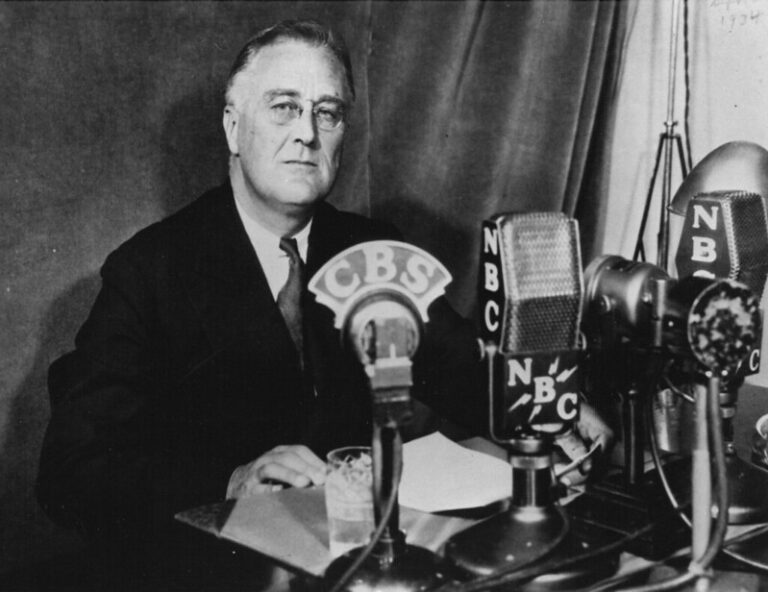
Sue Konzelmann writes on Boris Johnson’s Economic Recovery Plan. Focusing almost exclusively on the usual sectors – property, construction and finance – it’s likely to make an already unbalanced economy even more lopsided.

As Britain enters a severe recession that will lead to large fiscal deficits and growing public debt, a question presents itself — when are deficits and debt too large?

Far from a problem, moderate rates of price increase signal a healthy, expanding economy.
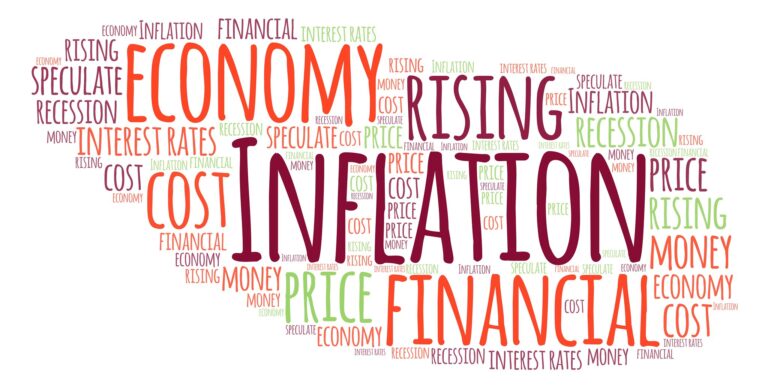
Market economies tend to generate unemployment not full employment. Real economies produce many goods and services with quite different process of price determination. Governments and central banks at most influence not determine money in circulation. Inflation is not the result of too much money. That is its consequence.
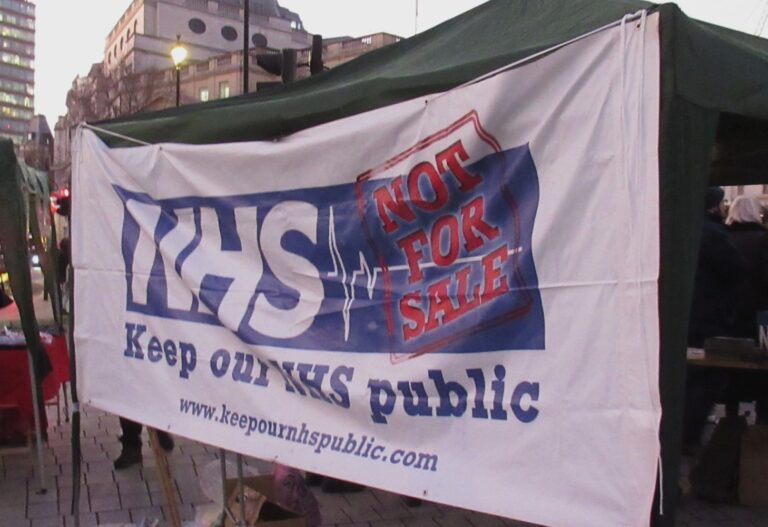
We need a public sector led National Care Service nationally funded, but locally delivered, operating with decent working conditions alongside the NHS providing support for all who need it free at the point of use.
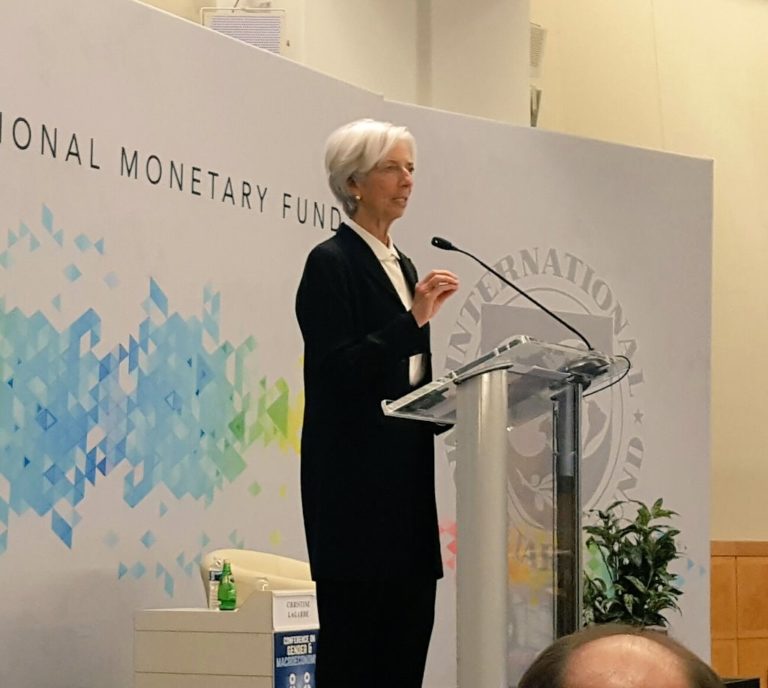
The International Monetary Fund (IMF) should agree a rapid issuance of at least $500bn in international liquidity, in the form of additional Special Drawing Rights (SDRs)

There is a need for massive reform of tax after the coronavirus crisis

To avert permanent economic damage during the worst slump for 300 years, the government has to provide emergency credit to business, guarantee loans, offer grants, defer tax and rate payments and directly pay the wages of furloughed workers
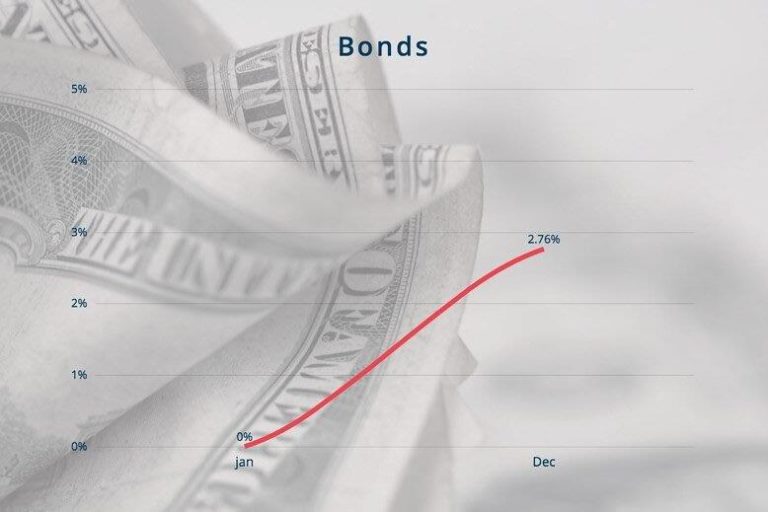
Preventing speculation and complementing fiscal policy provide strong motivations for monetization.

Universal Credit is and has been from its outset a disaster, It is mean-spirited, over-complicated, punitive and moralistic. This is the time to put it to sleep. Now is the time for UBI pilots to test variants of a basic income for one year, and then evaluate them.

Given that we have no ethically accepted principle of choosing between who is to live and who to die, we should take exceptional pains to ensure that we do not face acute shortages of life-preserving equipment.
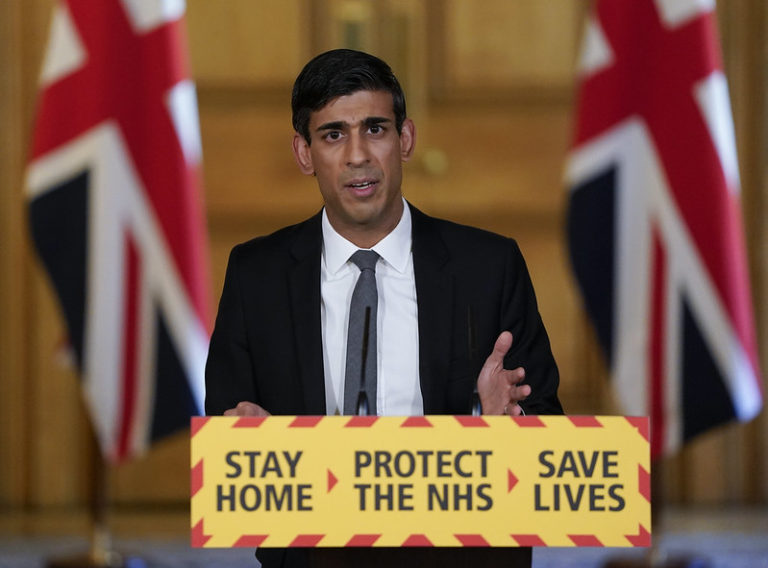
To achieve sustained recovery, the government might need to have household debt partially cancelled. The chancellor’s recovery programme addresses corporate debt to some extent, by providing businesses with loans with generous payback conditions and other support.

John Weeks argues the coronavirus outbreak requires measures including quantity rationing and price controls, alongside a rethink of UK labour market policy.

Carolina Alves and Farwa Sial discuss the efficiency of the UK’s economic response to the COVID-19 crisis and explain why it does not directly support households but companies
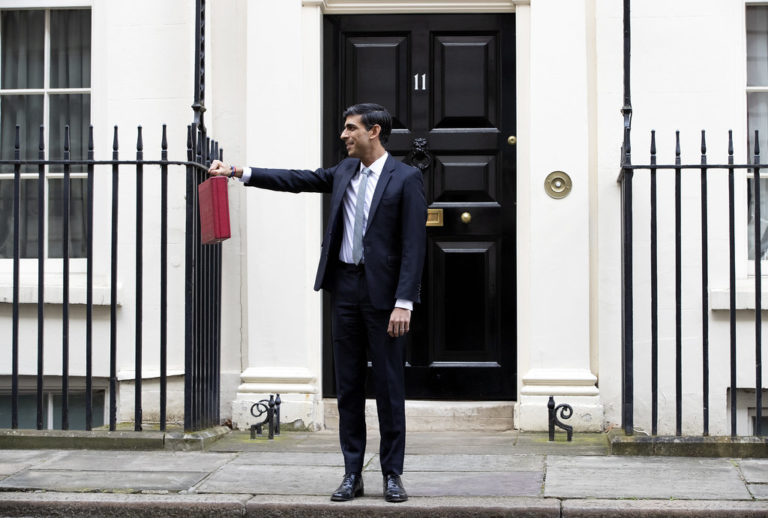
The United Kingdom has made its first step toward ending the rhetoric of fiscal austerity, yet reactions to the budget on 11th March demonstrate how engrained the austerity ideology is in the media.

The day following the 2020 budget, PEF interviewed five members of the PEF Council on the new budget and the changing economic direction of the United Kingdom. Here are the interviews in full.

Guy Standing writes for the PEF blog, arguing that the government’s Job Retention Scheme is a poor and inegalitarian alternative to a basic income.

UK household debt hit an all-time high before the Coronavirus. Now it’s the next crisis the government has to tackle – and only a suspension of repayments will do.

We welcome the government’s new measures to support workers, particularly the introduction of grants for wage support. But despite the scale of these spending commitments, there is a real danger that millions of workers will not feel their benefit.

A global economic crisis has been waiting to happen for several years, now Coronavirus is triggering that crisis. PEF Council member Guy Standing makes the case for introducing a Basic Income as a first step toward dealing with the pandemic.

This week a number of PEF Council members alongside figures from across economics, environmentalism and other fields signed this open letter to the governor of the Bank of England. The letter can be read here.
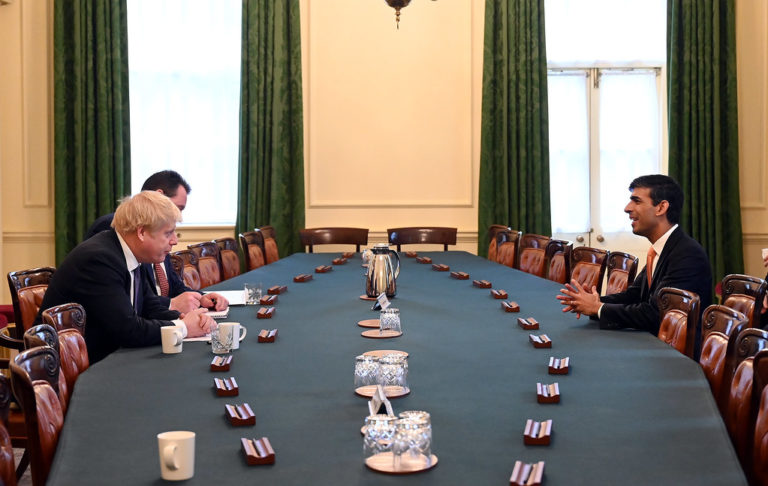
The Treasury has always acted as a restraining influence on elected governments. The Prime Minister’s move is good news for democracy.

Robert Skidelsky argues the ousting of Chancellor of the Exchequer Sajid Javid points toward a broader global shift in economic policy.
© copyright Progressive Economy Forum & respective authors.
To see how we use cookies on this website, view our Privacy Policy.
We use cookies to personalise your experience, by using our website you agree to the terms and conditions set out in our privacy policy.